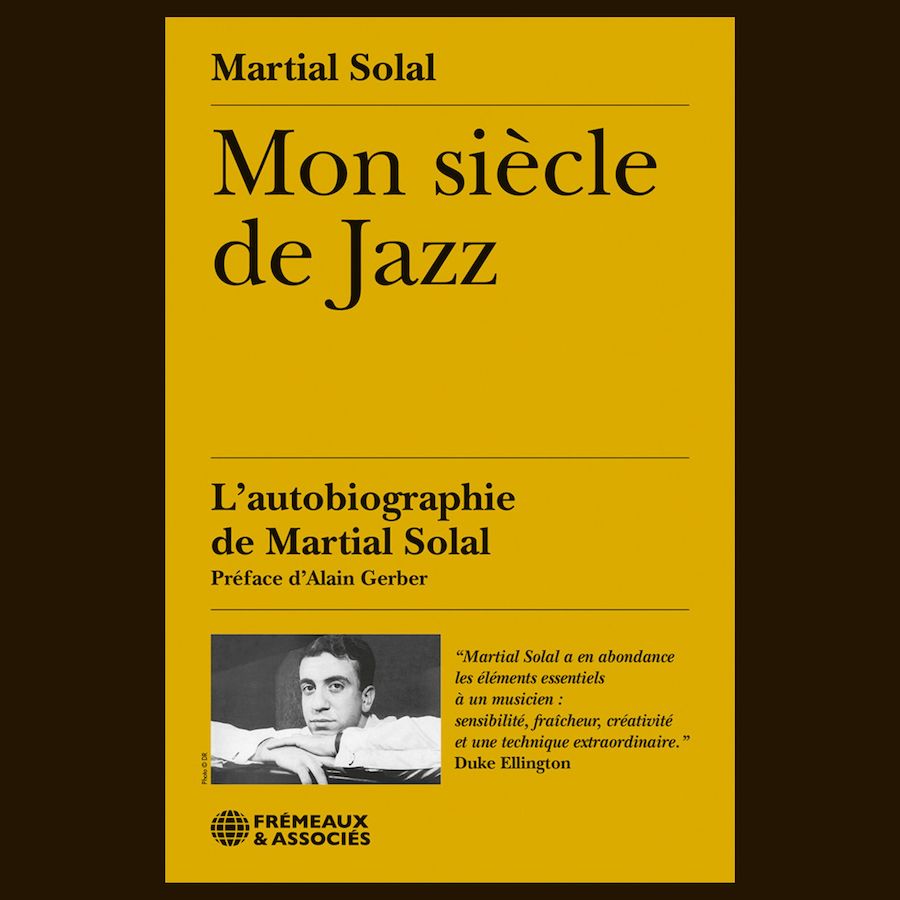
After “Ma vie sur un tabouret” (My life on a stool) in collaboration with Franck Médioni and “Martial Solal compositeur de l’instant” (Martial Solal, composer of the moment) with Xavier Prévost, here at last is Martial Solal’s autobiography.
Right from the title, it’s clear that the nonagenarian pianist and composer (born in 1927) is not going to show any false modesty by appropriating a century of jazz, of which he only covered around seven decades, which is obviously not negligible!
But there’s a mixture of arrogance and complexes in Solal, which can be explained by an alternation of lack of recognition (for example, he didn’t fare well during the pop/yéyé period, when jazz lost part of its audience nor when the free jazz and then fusion appeared) and celebration (among others, by fellow pianists – from Sviatoslav Richter to Bill Evans to Ahmad Jamal – and by the receipt of various awards – from the Victoires du jazz to the Jazzpar Prize in Copenhagen, the Nobel Prize for jazz, which he is the only Frenchman to have won).
Solal is a workaholic, which has given him a technique on the instrument that only his predecessor – and idol – Art Tatum has achieved.
His daily training over the years has included practicing scores by musicians such as Chopin and Rachmaninoff. So, it’s hardly surprising that he has won the admiration of classical pianists. But Solal‘s ease at the keyboard does never show the previous hard work. This ease is evident in his digital virtuosity as well as in his imagination, both in the art of twisting and deconstructing the melodies of standards and in his unrivalled improvisational talent.
This is because Solal has always sought to perfect his skills as a pianist, without worrying about trying to resemble or distinguish himself from anyone else. The result is a totally personal and instantly recognizable way of playing. A style, in other words. But alongside his talent as a pianist, Solal is also a composer and arranger of film music and scores for his various orchestras. From solo to big band, duo (some with other pianists), trio (occasionally with two double basses, but most of the time with bass and drums), quartet… he explored most facets of jazz in the company of companions as diverse as Sydney Bechet or Django Reinhardt, Stéphane Grappelli or Johnny Griffin, Didier Lockwood or Eric Lelann, Michel Portal or Daniel Humair, Kenny Clarke or Paul Motian, Dave Liebman or Lee Konitz.
A jack-of-all-trades of genius and a goldsmith in everything he touches, Solal couldn’t fail to make his autobiography a journey through the decades that have seen him evolve, in an order that is anything but laboriously chronological. A Tex Avery fan such as Solal, who is also a great lover of puns (“L’allée Thiers et le poteau laid“, “Cygne d’étang“, “L’oreille est boldie” are the titles of some of his compositions), he could not fail to surprise his readers with a series of “coq-à-l’âne”, temporal flea leaps, sudden flashbacks to the past at the whim of a memory ruled by an inexhaustible imagination.
To read “Mon siècle de jazz” – which can be devoured like a good novel – is to immerse oneself in the history of this music as experienced by one of its greatest witnesses and players on both sides of the Atlantic Ocean. It also introduces us to a character who is both discreet and colorful, introverted and expansive: a true personality. Those who have sometimes reproached him with a certain coldness or an excess of technique that would have curbed his sensitivity will have the opportunity to revise their judgment.
Solal is certainly not a follower of political correctness, low profile or unbridled sentimentalism. He’s a unique musician, and it’s up to those who aren’t immediately won over by his art to make the journey into a universe of incomparable richness, which it’s incomprehensible that any genuine jazz fan could miss.
Bravo Maestro!
Mon Siècle de Jazz is published by Frémeaux & Associés.
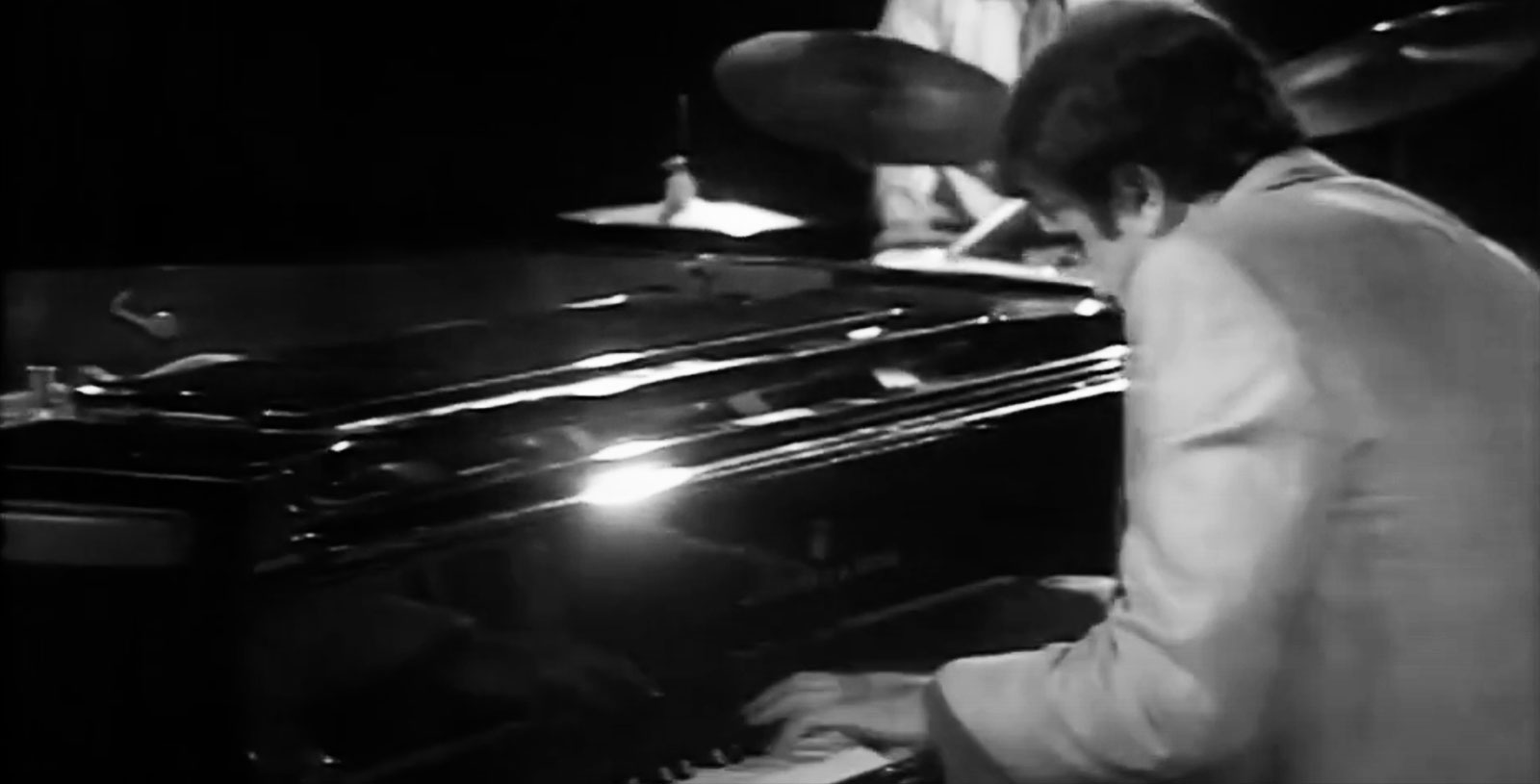


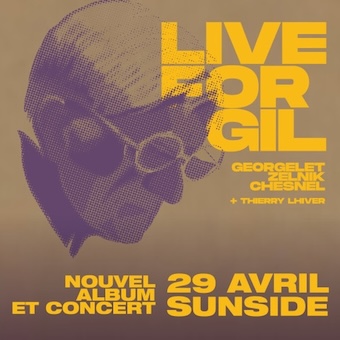
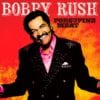









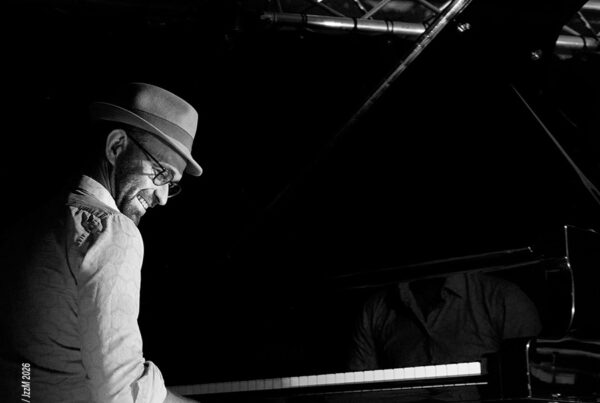
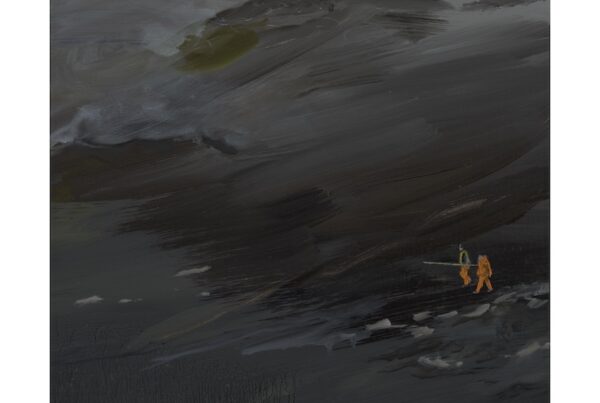
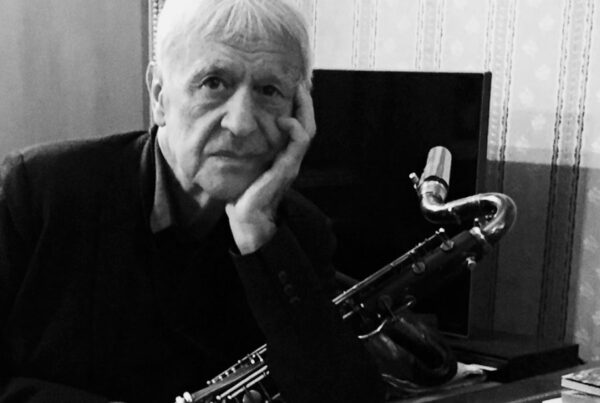


RECENT COMMENTS